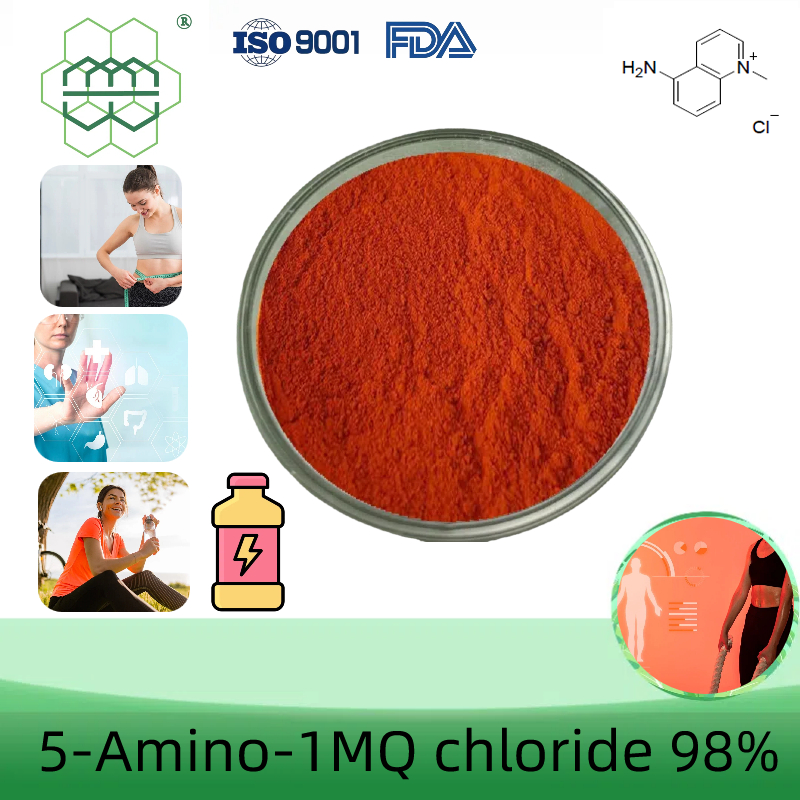-
Categories
-
Pharmaceutical Intermediates
-
Active Pharmaceutical Ingredients
-
Food Additives
- Industrial Coatings
- Agrochemicals
- Dyes and Pigments
- Surfactant
- Flavors and Fragrances
- Chemical Reagents
- Catalyst and Auxiliary
- Natural Products
- Inorganic Chemistry
-
Organic Chemistry
-
Biochemical Engineering
- Analytical Chemistry
-
Cosmetic Ingredient
- Water Treatment Chemical
-
Pharmaceutical Intermediates
Promotion
ECHEMI Mall
Wholesale
Weekly Price
Exhibition
News
-
Trade Service
.
This led to delays in air freight between Japan and Europe and a sharp increase in freight costs
.
Flights between Japan and Europe usually fly over Russian airspace, but due to the situation in Russia and Ukraine, the airspace between Russia and the European Union has been closed to each other, and Japanese airlines have also decided to bypass the Russian airspace
.
According to reports, about 300 weekly flights between Japan and Europe, including cargo planes, are canceled or detoured
.
.
According to reports, about 300 weekly flights between Japan and Europe, including cargo planes, are canceled or detoured
.
There are currently two detours for the two major Japanese airlines: one via Central Asia and the other via North America
.
By avoiding the shortest route through Russia, the flight time for these two detours increased by 20 to 30 percent
.
.
By avoiding the shortest route through Russia, the flight time for these two detours increased by 20 to 30 percent
.
The change in flight route also increases the cost of fuel and labor, resulting in a significant increase in freight rates
.
According to Japanese media reports, the price of air transportation on this section of the road has now reached about twice what it was before the Russian-Ukrainian conflict
.
.
According to Japanese media reports, the price of air transportation on this section of the road has now reached about twice what it was before the Russian-Ukrainian conflict
.
The delay in air transportation has greatly affected the daily life of Japanese people
.
Atlantic salmon is a common ingredient in Japanese sushi restaurants, 90% of which are imported from Norway
.
In the past, it was transported by air over Russia to Japan, and it could be delivered to consumers’ tables in as little as 36 hours
.
However, since it is currently impossible to confirm whether other routes can ensure the freshness of salmon, there are already supermarkets and sushi restaurants in Japan where Atlantic salmon is out of stock
.
.
Atlantic salmon is a common ingredient in Japanese sushi restaurants, 90% of which are imported from Norway
.
In the past, it was transported by air over Russia to Japan, and it could be delivered to consumers’ tables in as little as 36 hours
.
However, since it is currently impossible to confirm whether other routes can ensure the freshness of salmon, there are already supermarkets and sushi restaurants in Japan where Atlantic salmon is out of stock
.
Also affected by the conflict between Russia and Ukraine, the price of frozen salmon in Norway plummeted.
After Norway lost the European market such as Russia, sales in Japan, an important Asian country, were stagnant due to shipping problems.
Norway needs to adjust the market layout of the destination country as soon as possible
.
After Norway lost the European market such as Russia, sales in Japan, an important Asian country, were stagnant due to shipping problems.
Norway needs to adjust the market layout of the destination country as soon as possible
.
Europe, the United States and Japan have imposed sanctions on Russia, removing some Russian banks from the SWIFT system, which has affected Japan's imports of seafood from Russia, such as crab, salmon, and sea urchin .
Japanese trading companies importing Norwegian salmon said that the inability to fly over Russian airspace hindered the shipment of Norwegian salmon to Japan.
Many flights were cancelled and bookings were difficult.
Japanese importers are responding with the best supply capacity, but the situation is expected to pass for some time.
to stabilize
.
Many flights were cancelled and bookings were difficult.
Japanese importers are responding with the best supply capacity, but the situation is expected to pass for some time.
to stabilize
.
picture
Regarding the import of Russian crab and salmon, the trading company said it would not have an immediate impact, but would closely monitor developments
.
According to data from the Japanese Ministry of Finance, last year Japan imported 45% of Russian frozen snow crabs, 92% of frozen king crabs, 78% of frozen pre-made sockeye salmon, and 48% of frozen fish roe (mainly salmon and trout, excluding herring and cod)
.
.
According to data from the Japanese Ministry of Finance, last year Japan imported 45% of Russian frozen snow crabs, 92% of frozen king crabs, 78% of frozen pre-made sockeye salmon, and 48% of frozen fish roe (mainly salmon and trout, excluding herring and cod)
.
Japanese trading firms can negotiate directly with Russian banks to import crab and salmon from Russia, but in many cases trading firms make payments through third-country banks such as Indonesia or Singapore, according to several trading firms
.
Since Japanese importers can deposit funds in third countries, trade is unlikely to stop immediately, although Russian shippers will not receive funds from third countries
.
.
Since Japanese importers can deposit funds in third countries, trade is unlikely to stop immediately, although Russian shippers will not receive funds from third countries
.
If Russian companies are unable to recover funds from third countries and fall into financial difficulties, the impact on Japanese importers will be inevitable
.
At this point, several trading companies said that they would not rashly stop importing seafood from Russia, and some trading companies said that due to multiple factors, they were discussing and evaluating the import of seafood from Russia, and some large distribution companies were restraining purchases Russian goods
.
.
At this point, several trading companies said that they would not rashly stop importing seafood from Russia, and some trading companies said that due to multiple factors, they were discussing and evaluating the import of seafood from Russia, and some large distribution companies were restraining purchases Russian goods
.
The price of Canadian cod is expected to rise sharply in April once it becomes difficult to obtain seafood from Russia
.
Russia is likely to reduce exports to Japan and the United States, especially frozen crab products
.
.
Russia is likely to reduce exports to Japan and the United States, especially frozen crab products
.
Japanese import trading companies believe that the current situation has a huge impact on frozen prefabricated salmon and frozen sockeye salmon roe.
The Russian roe has been shipped, and there is no inventory for the time being.
Although companies have stocks for half a year to a year, but The price of fish roe is bound to increase and will depend more on Alaska for supplies in the future
.
The Russian roe has been shipped, and there is no inventory for the time being.
Although companies have stocks for half a year to a year, but The price of fish roe is bound to increase and will depend more on Alaska for supplies in the future
.
So far, Japan's Toyosu fish market, although not greatly affected, has expressed concern about the future of sea urchins, salmon and crabs
.
Speaking of sea urchins, a wholesaler said that Japan's processing technology is very good, so sea urchins will come in, but if China starts processing, new sales channels will appear
.
.
Speaking of sea urchins, a wholesaler said that Japan's processing technology is very good, so sea urchins will come in, but if China starts processing, new sales channels will appear
.
For future developments, it is necessary to pay attention to the further sanctions announced by the US and Japanese governments
.
.







